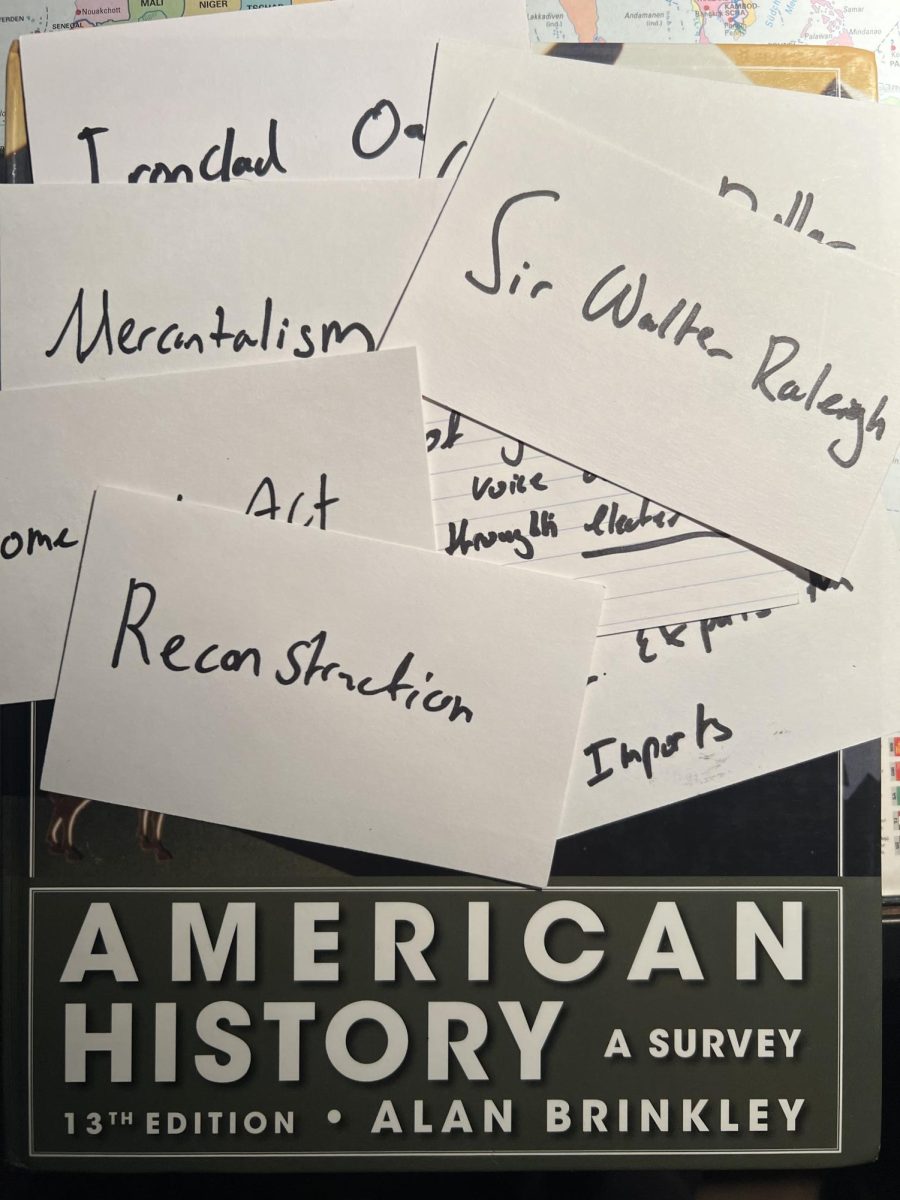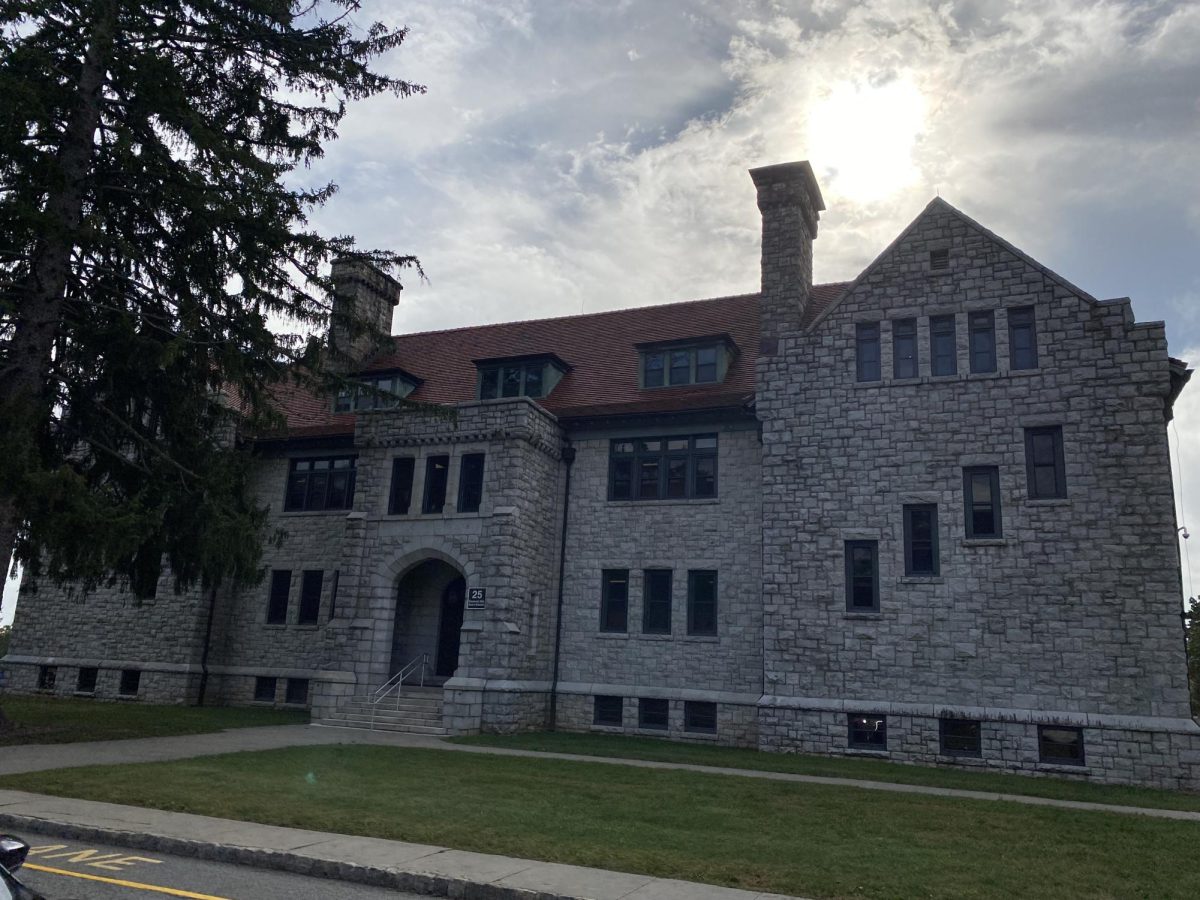Document Based Questions (DBQs) have long since been the bane of every student’s existence in AP US History, AP World History, and AP European History. That is, until the substantial change made by College board to the rubrics’ guidelines and requirements as of September 2023.
But, what is the DBQ? The DBQ makes up 25% of a student’s final AP test score on the history exams. Unlike traditional essays, the DBQ focuses less on having students recall information to answer a prompt and more on a student’s skills of analyzing and synthesizing information from multiple sources to form a coherent argument. The DBQ contains seven documents from which the students must draw information in order to respond to the given question. Students are given 60 minutes to respond to the prompt.
First used in the US in 1973 on the AP US History exam, the DBQ has gained a reputation among students as one of the most strenuous and stressful segments of the AP tests, seeing as it presents students with a variety of challenges and requirements, as well as a narrow time frame in which to complete it. “Already preparing for the APUSH exam this year, I have heard from siblings and friends that the DBQ is far from easy,” said Alex Vaccaro ‘25. According to the College Board’s AP Statistics, only 11% of students who take the AP US History exam get a 5.
As outlined in the College Board’s DBQ rubric for the AP tests, alterations made to the rubric pertain mainly to document usage, sourcing, and complexity, with no changes having been made to the thesis, contextualization, or outside information requirements. College Board now requires the use of only four documents to attain the maximum amount of two points that can be earned for the evidence requirements, rather than the previous six. The analysis and reasoning point can now be earned by only sourcing two documents instead of three, a small but impactful change. Lastly, the complexity point has now been revised to say that complex understanding may be demonstrated in any given section of the response, and does not need to be woven throughout the entire text.
Dr. Hogge commented on the changes saying, “While the changes to the DBQ rubric have not in any way altered the content or way that I teach my classes, the more relaxed parameters have made the DBQ less artificial in the sense that students can focus more on essay content rather than hitting specific points.”
With the alterations made to the rubrics of the AP US History, AP World History, and AP European History tests, students can breathe a little easier, knowing that their AP test will at the very least be a little less grueling.







